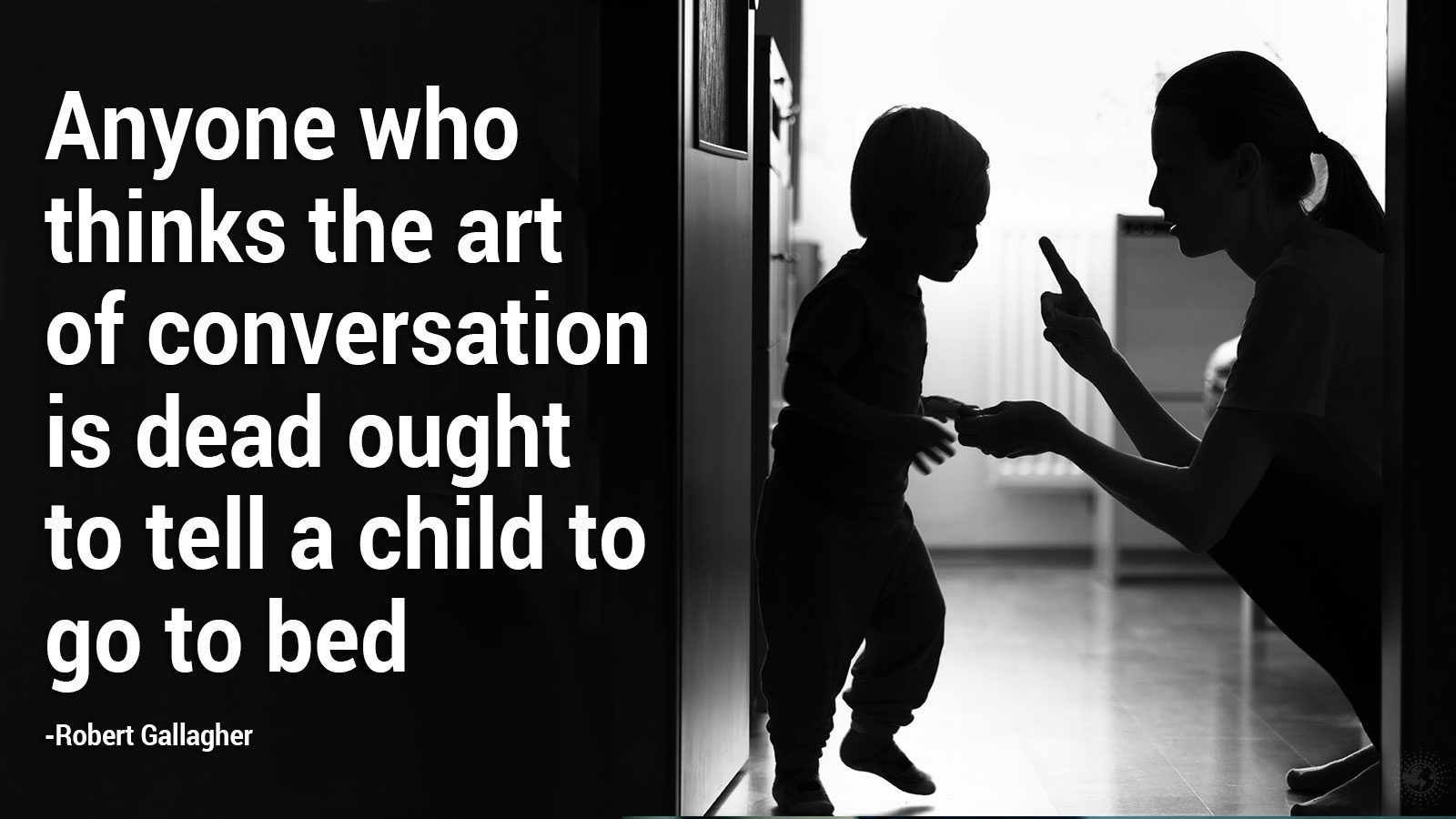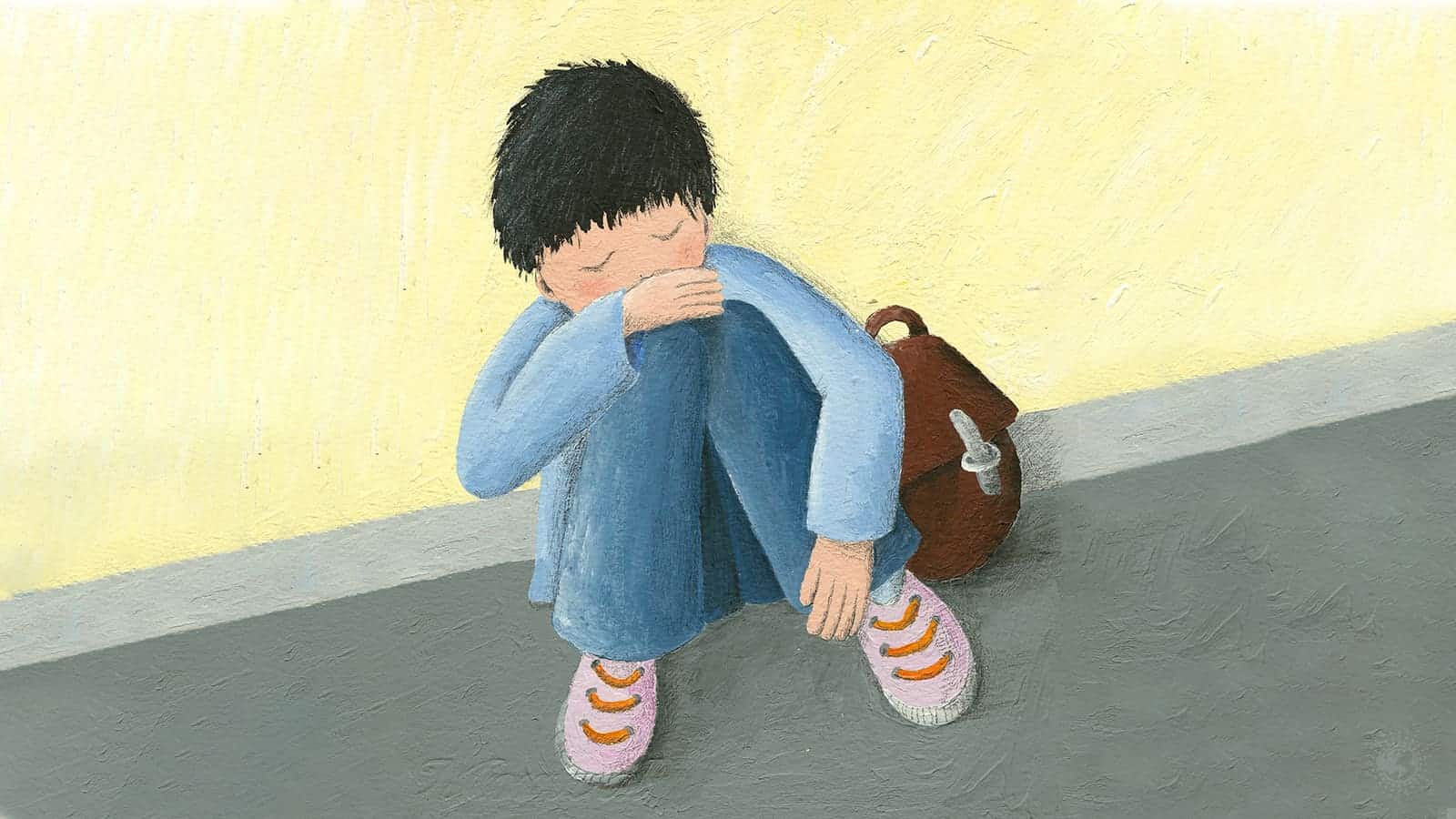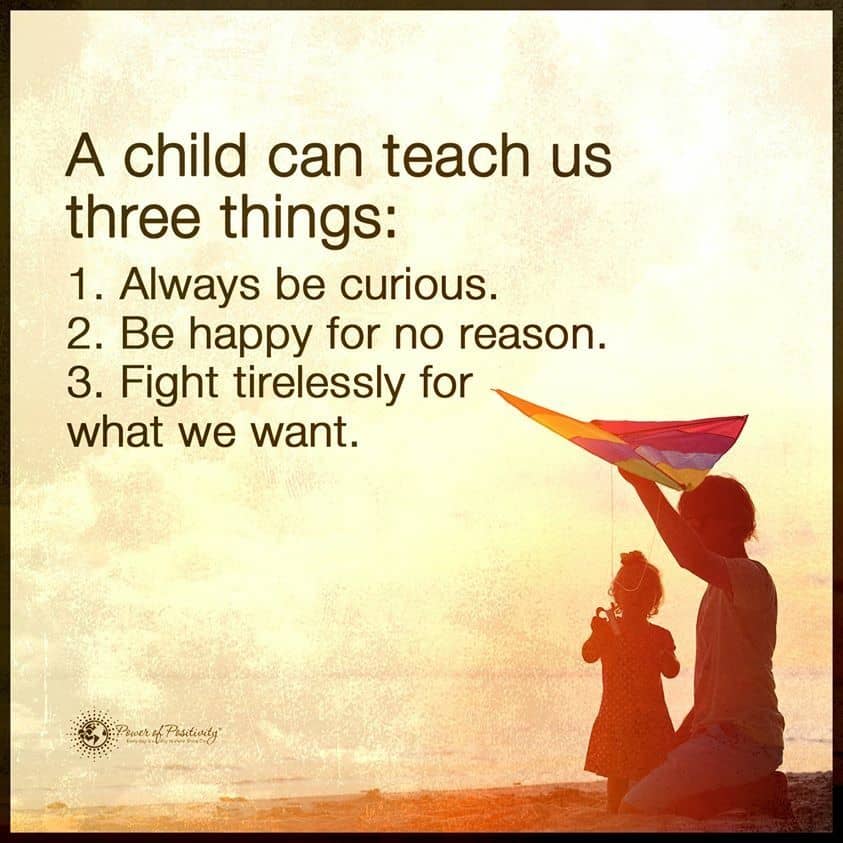Children are always learning about their emotions, and this can sometimes cause a meltdown. These situations can be unexpected and are always unpleasant, but it’s an integral part of development. Unfortunately, these meltdowns can be challenging for the caregiver, too. You must show the child a healthy way to get through the emotions.
When caught up in the moment, it might be challenging to think of what to do. Before learning how to deal with a child during a meltdown, it’s important to know common triggers. These triggers include the following behaviors:
- sensory overload
- trauma from early childhood
- fight or flight response
- being tired
- hunger
- being thirsty
- being overwhelmed
- not knowing how to handle the emotion
- anxiety
How to Deal with a Child During a Meltdown
All children have occasional tantrums, but resolving an episode hinges on your positive response.
1. Stay with Them and Connect if You Can
The most important thing to do at this moment is to stay with your child. Avoid making them feel alone by walking out or leaving. Staying lets your child know that you are comfortable with their emotions and that they can be, too.
Don’t try to reason with them or get angry, because that will only make it worse. Acknowledge the feelings and let them know that it is okay to feel that way. You can also tell them that you will stay there with them until they feel better.
Since children need connection, you should try to connect during this time. You can foster this by making eye contact, walking them through normal breathing, and re-assure them.
Try not to tell them to calm down or get over it, because that will invalidate their feelings. Negatively reacting could make the situation worse instead of better, making them feel alone or abnormal.
2. Be Understanding of Their Feelings and Validate Them
Even if you disagree with the way your child is behaving, be empathetic. Children are exploring how to control their emotions and how to express them.
Plus, these types of situations can cause their heart rate and stress hormones to increase. These things can cause headaches and upset stomachs for kids. The mix of overwhelming feelings with headaches and stomachaches can cause children to behave in a seemingly irrational way.
Don’t ignore or dismiss their emotions or their tantrum, because it will only make it worse. Instead, try acknowledging how your child is feeling and why by saying it out loud.
You don’t have to say that you agree with their emotions or behavior, but acknowledging that you understand will validate it. This response can make the situation better and help the child calm down. Sometimes they want to know that they are heard and understood.
3. Make Sure They Feel Loved
Sitting with your child and validating their feelings can show them that you love them, but go a step further. Make sure you re-assure them that you love them, even during a frustration meltdown.
When a child knows that someone loves them even when they are out of control, it will help them regroup. It will also help them feel more self-confident and better able to handle their emotions.
4. Change What You Expect of Your Child
Not all children are alike, so you can’t expect all children to react in the same way. If you acknowledge that your child struggles with a particular area of their life, you have to change your expectations. Understand that your child processes emotions differently than you and that you can’t let it ruin the day.
When one of these upsetting situations happen, remind yourself that it was only one moment. You and your child still have the entire day for things to go well, so don’t ruin it all over something you’ve expected. Begin to realize when things have gotten better and stop wishing for them to be perfect.
When you do this, you will prepare yourself for unpleasant situations. You will know that it’ll pass and that the day doesn’t have to be overshadowed by it. The single most important thing is that your child feels loved and supported, not that they got through the day without a single tantrum.
5. Talk to Them About It
Wait until your child calms down and feels more in control. Talk to your child about how it’s normal to feel different emotions and that it can be hard to know what to do. Assure them that everyone is always learning and that sometimes we don’t like how we reacted.
If you, as the parent, got upset or angry during the situation, address that, too. Tell your child why you behaved that way and what you would do instead next time. This explanation will help them think about how they can react differently next time, too.
If the child is old enough, ask them what upset them so much. Then, ask them to try to describe their emotions. Remind them that feelings aren’t scary, even if they may feel like they are at the time.
When your child realizes that you sometimes feel that way, too, they’ll be better able to regulate their emotions. It’s a learning experience, so you can’t expect perfection right away. By talking about it, however, you will be speeding up the process and helping your child.
While you are conversing with them, make sure you are listening. If your child is speaking, sit quietly without interrupting or arguing. This response will make them feel like you genuinely understand and that they are okay to feel that way.
If you interrupt or argue, it’ll make them feel bad all over again. Plus, it could make the child start bottling their emotions up, instead, which can cause other issues.
6. Check Your Feelings
You must think about the way you are feeling during this situation. If you become frustrated, angry, or overwhelmed, it’ll only make the child feel worse.
If you can stay calm and understanding and address your child patiently, it can help them. It will make them feel more stable, and like they can contain emotions. Plus, if the child realizes you aren’t feeling the same way, they can find a way through it.
Children tend to mimic the emotions of trusted adults, too, so staying calm will help calm them. On the other hand, if you are worked up, they won’t be able to calm down.
7. Be Patient
Remind yourself that your child is continuously learning to regulate their emotions. They try their best to react appropriately, but you can’t expect perfection or anything close to it.
Children don’t want to be this way and feel all of these negative emotions, so be patient and empathetic. Since your child doesn’t choose to be this way, allow them to take their time. They will learn a better way eventually, but it doesn’t happen overnight.
8. Avoid Making it Worse
If you argue with your child about their reaction, it’ll only make the situation worse. Likewise, if you criticize them, talk too much, or try to force them to talk, it can cause further anxiety. Use calming words or sit quietly; instead, you can let them cope on their terms.
9. Try to Distract Them
If no other technique seems to be working, you can try to distract the child. This generally only works when they begin to calm down slightly. As they calm, a distraction can help them recover even quicker and accept the situation sooner.
This distraction could be telling or reading them a story. You could consider telling a story about a time when you felt the way they do and how you got through it. Children often feel ashamed about their tantrum once it’s over, but a story about your experience can help them feel better.
Another option for distracting the child is a sensory distraction. Children can cope better if they have a sensory experience, so it works well for most kids. This expression could be in the form of play dough, squeeze balls, or anything else they can squeeze or manipulate.
10. Consider Your Child’s Needs
Often, children have a meltdown if they need something essential. This could be if they need more sleep, a healthy snack, or a glass of water. Children can’t process things appropriately when they need any of these essentials.
Final Thoughts on Ways to Cope with a Child During a Meltdown
Since children are still learning to regulate their emotions, it’s expected that they have a meltdown once in a while. While it may be hard for you to deal with, you must stay with the child. Be sure you let them know you love them, as well.
Being present during the hard parts is what is most important to a child. They need to feel supported and understood as they learn to cope and understand how they are feeling. Remember these tips the next time you have to deal with a child during a meltdown.

















 Community
Community

